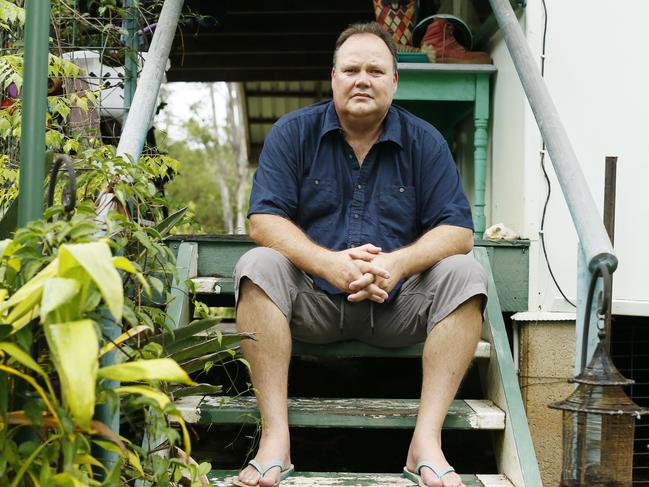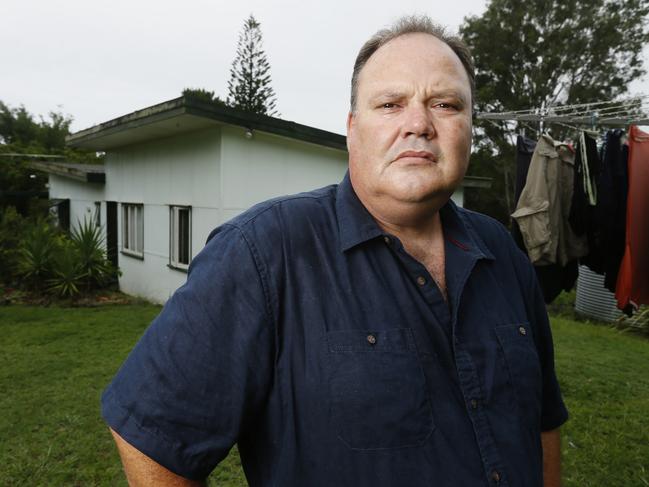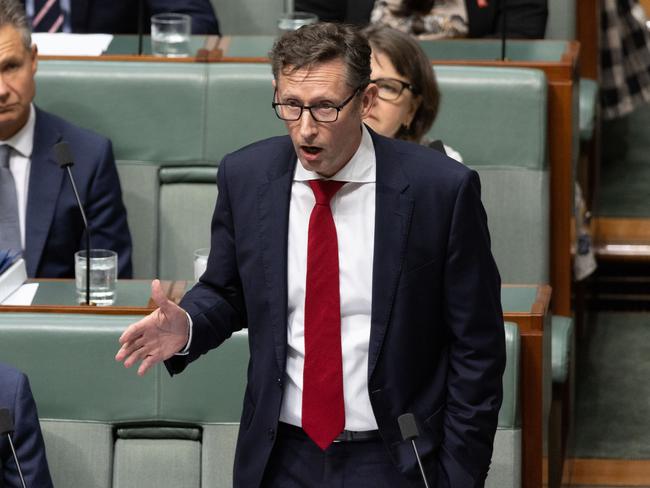Military superannuation mess could cost veterans thousands a year
An “absurd” military superannuation mess could cost Australian Army veterans thousands of dollars a year. See why.

National
Don't miss out on the headlines from National. Followed categories will be added to My News.
The Albanese government is scrambling to fix a military super mess that has resulted in up to 14,000 veterans having to do new tax returns going back as far as 2010.
But former defence force personnel say the government’s proposed legislation will instead entrench an unfair system at the expense of veterans who are unable to work in civilian life due to physical or mental disability caused by their service.
This week, the Senate is due to debate legislation that responds to a 2020 Federal Court decision that changed the way payments made to people who are receiving invalidity payments from military super schemes.
The decision affected about 14,000 former defence force members and has so far resulted in about 3500 applications to the Taxation Office to overturn tax returns that can be more than a decade old.
But while the Defence Force Welfare Association (DFWA) agrees that legislation is needed to deal with the fallout from the court ruling, it says the government’s proposed laws will mean some veterans end up paying thousands of dollars more in tax a year than others who are in almost identical circumstances.
It is estimated that for a private who left after seven years, a difference of one day in when they were approved for the payment can result in a tax bill of an extra $6000 a year.

Peter Burns, who served in the army and was one of the veterans who brought the 2020 court case, said he would lose out because he was approved for invalidity payments before a cut-off date in 2007.
“It’s absurd,” he said.
“We’ve ended up in this bizarre situation where a person can receive exactly the same payment as another person, but they get a different tax treatment because of an arbitrary cut-off date.”
Before the Federal Court decision the ATO taxed invalidity payments made to former defence force members who are unable to work a civilian job under two military super schemes in the same way as regular superannuation income.
However, the court overturned this in a case called Douglas, finding the money should instead be taxed as a series of one-off payments.
The apparently small difference resulted in big tax savings for some former defence members but also exposed others to potential tax bills and threw the system into chaos.
Labor’s legislation will confine the effect of the Douglas decision to invalid payments under the super system and adds measures that Assistant Treasurer Stephen Jones says will safeguard against surprise end-of-year tax bills.

The legislation only deals with payments under two schemes that are closed to new members, so it doesn’t help veterans who are in the current military super fund.
“The government should instead be using this legislation to fix that and make this application the same across all veterans who receive these payments,” DFWA treasurer Kate Bowden, who served in the army, said.
The organisation’s Queensland president, John Lowis, said the process of applying for the payments was already extremely stressful.
“They are the most vulnerable group, when we’re talking about people transitioning out [of Defence] and the risk for suicide,” he said.
While the government is confident the changes to defence super will be supported by the Opposition, which proposed almost identical legislation while in government, the bill as a whole may be derailed or delayed because other parts of it are controversial.
“This legislation will ensure that no veteran is left worse off as a result of the Douglas decision, and we urge the Senate to pass it,” a spokesperson for Mr Jones said.
The ATO said it had taken steps to make objecting to old tax returns as simple for affected former defence personnel as possible and is also planning to write directly to people who might be able to claim a refund.
More Coverage
Originally published as Military superannuation mess could cost veterans thousands a year




